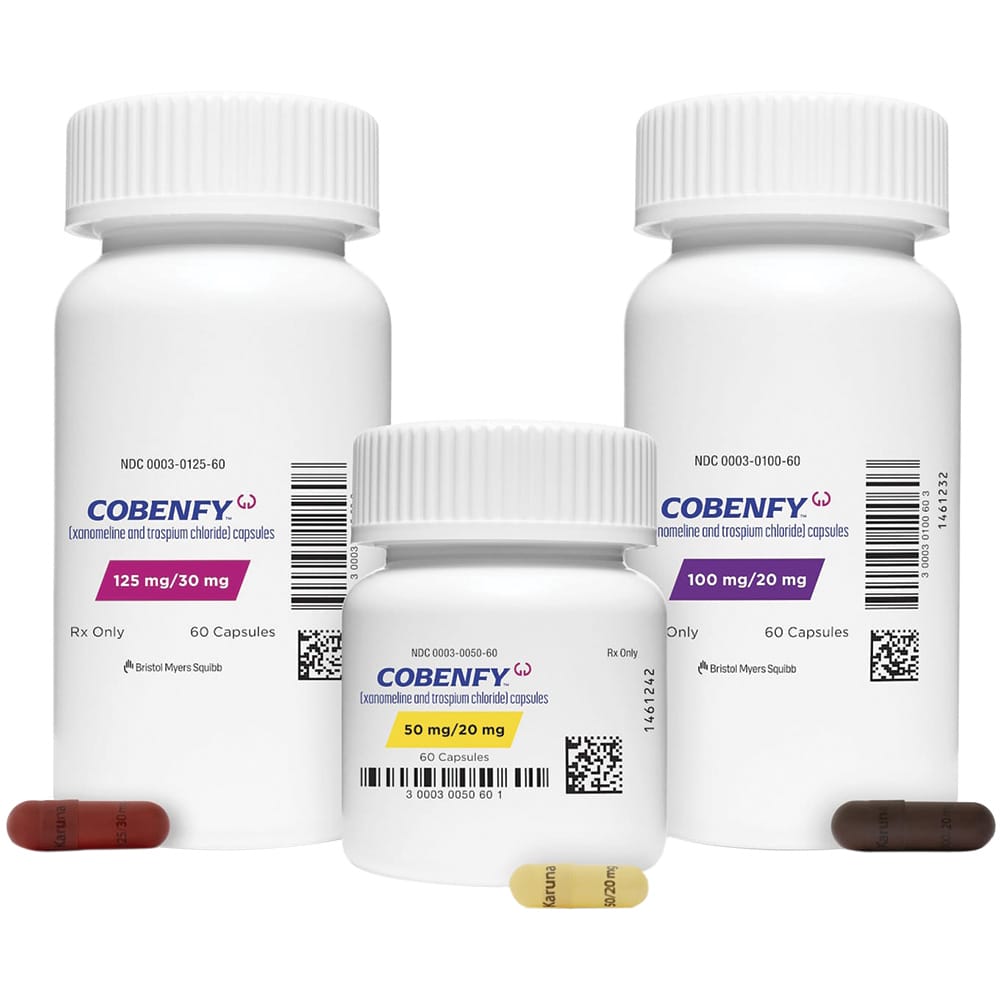Rapamycin: Is This Anti-Aging Drug the Key to Longevity or a Risky Bet?
Rapamycin: The Longevity Game-Changer Dividing Scientists, Biohackers, and Even Its Biggest Champions

Rapamycin, a compound originally developed to suppress the immune system in transplant patients, is now one of the most polarizing substances in the longevity and biohacking world. Lauded by scientists for its potential to slow aging, extend lifespan, and improve overall health, it’s also been met with caution—and even rejection—by some of its highest-profile advocates.
So what exactly is rapamycin? How does it work? What are the actual benefits? And why did longevity pioneer Bryan Johnson stop taking it?
Here’s what the science—and the controversy—reveals.
What Is Rapamycin?
Rapamycin (also known as sirolimus) is a drug originally discovered in a soil sample from Easter Island (Rapa Nui) in the 1970s. Approved by the FDA in 1999, its initial use was to prevent organ rejection in kidney transplant patients due to its immunosuppressive effects.
The longevity interest began when researchers discovered that rapamycin inhibits a protein complex known as mTOR (mechanistic Target of Rapamycin)—a master regulator of cellular growth, metabolism, and aging. By reducing mTOR activity, rapamycin essentially tells cells to slow down, repair, and recycle damaged components.
This inhibition of mTOR—particularly mTORC1—is believed to be key in extending lifespan and reducing age-related decline.
How Does Rapamycin Work?
mTOR regulates:
- Protein synthesis
- Cell growth
- Fat metabolism
- Inflammation
- Autophagy, the body’s process of clearing out damaged cells
Inhibiting mTORC1 promotes autophagy and reduces oxidative stress and inflammation, two major contributors to biological aging.
In multiple species, this has translated to longer lifespans and better resilience to disease.
Benefits of Rapamycin
1. Lifespan Extension
- In mice, rapamycin has been shown to extend lifespan by up to 60%, depending on dosage and when treatment begins.
- A key 2009 study from the National Institute on Aging found lifespan increased by 14% in female mice and 9% in males, even when dosing began late in life.
- Similar results have been observed in yeast, fruit flies, and nematodes.
2. Cognitive Protection
- In rodent models, rapamycin improved learning and memory.
- Anecdotal reports among users include improved focus, mental clarity, and emotional regulation—though human trials in this area are limited.
3. Immune System Boost
- A 2014 clinical trial found that older adults given low-dose rapamycin analogs had a better response to influenza vaccines, suggesting an enhanced, more youthful immune response.
4. Reduced Age-Related Diseases
- In animals, rapamycin has been shown to delay the onset or reduce the severity of:
- Cancer
- Kidney disease
- Neurodegeneration
- Heart disease
5. Skin, Hair, and Energy (Anecdotal)
- Participants in a Columbia University ovarian aging study reported improved skin texture, hair health, energy levels, and memory after just three months on low-dose rapamycin.
Side Effects and Risks
Despite its promise, rapamycin is not without risks—especially when used off-label.
Commonly Reported Side Effects:
- Elevated cholesterol and triglycerides
- Impaired glucose tolerance
- Increased resting heart rate
- Mouth sores
- Increased risk of infections (due to immunosuppression)
These side effects vary significantly between individuals and are more likely at higher or chronic dosing levels.
Why Bryan Johnson Stopped Taking Rapamycin
Bryan Johnson, the tech entrepreneur behind the Blueprint longevity experiment, was a vocal advocate of rapamycin—until late 2024, when he revealed he had stopped taking it.
His reasons:
- Side effects: Elevated blood glucose, abnormal lipid profiles, skin infections, and increased resting heart rate.
- Aging concerns: Johnson referenced a 2024 preprint study showing rapamycin accelerated biological agingacross 16 epigenetic clocks—a striking concern given that these clocks are considered highly predictive of long-term health and mortality.
“I believe it may have harmed me,” Johnson stated. “I was trying to slow aging, not speed it up.”
His decision added fuel to the growing debate about rapamycin’s true impact on human longevity.
Read About: Mitochondria Testing: Unlocking the Secret to Your Energy, Health, and Longevity
Human Research Is Still Developing
While animal data is extensive and convincing, large-scale, long-term human trials are still lacking. Many reported benefits are anecdotal, and effects can vary widely between individuals.
Further research is needed to:
- Determine optimal dosing protocols
- Understand long-term safety in healthy populations
- Clarify rapamycin’s effect on biomarkers of aging, especially in combination with other interventions
Should You Consider Rapamycin?
If you’re thinking about rapamycin for longevity, consider the following:
- It is not FDA-approved for anti-aging or preventative use.
- Side effects are real and require routine lab monitoring.
- Benefits may depend on age, genetics, dose, and other lifestyle factors.
- It must be used under medical supervision.
Some Thoughts
Rapamycin represents one of the most compelling developments in longevity science. It has shown undeniable benefits in animal models and is supported by strong mechanistic logic. However, its use in humans remains a gray area—one that may prove life-changing for some, and counterproductive for others.
As always, biohacking is not a one-size-fits-all endeavor. Rapamycin might be a step forward in the quest to slow aging, but it’s not without trade-offs.
If you’re considering using rapamycin or any off-label pharmaceutical for anti-aging, consult with a licensed medical professional first. Personalized monitoring and expert oversight are essential.








